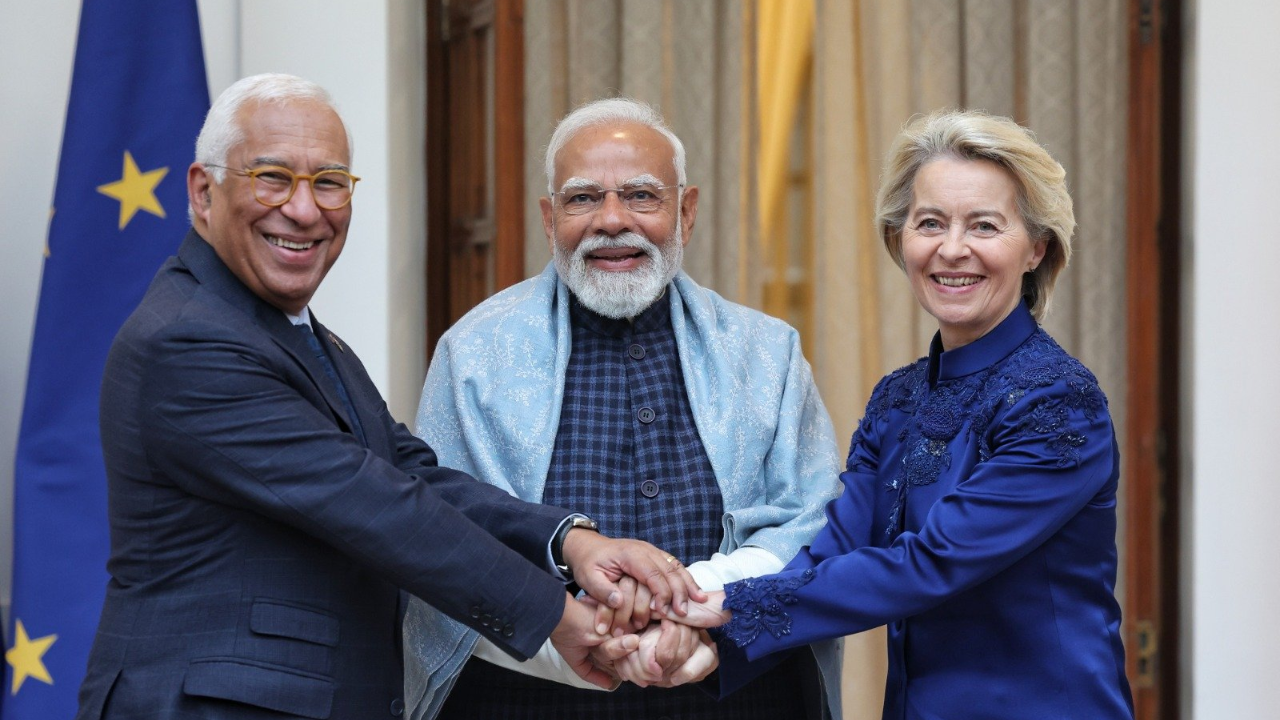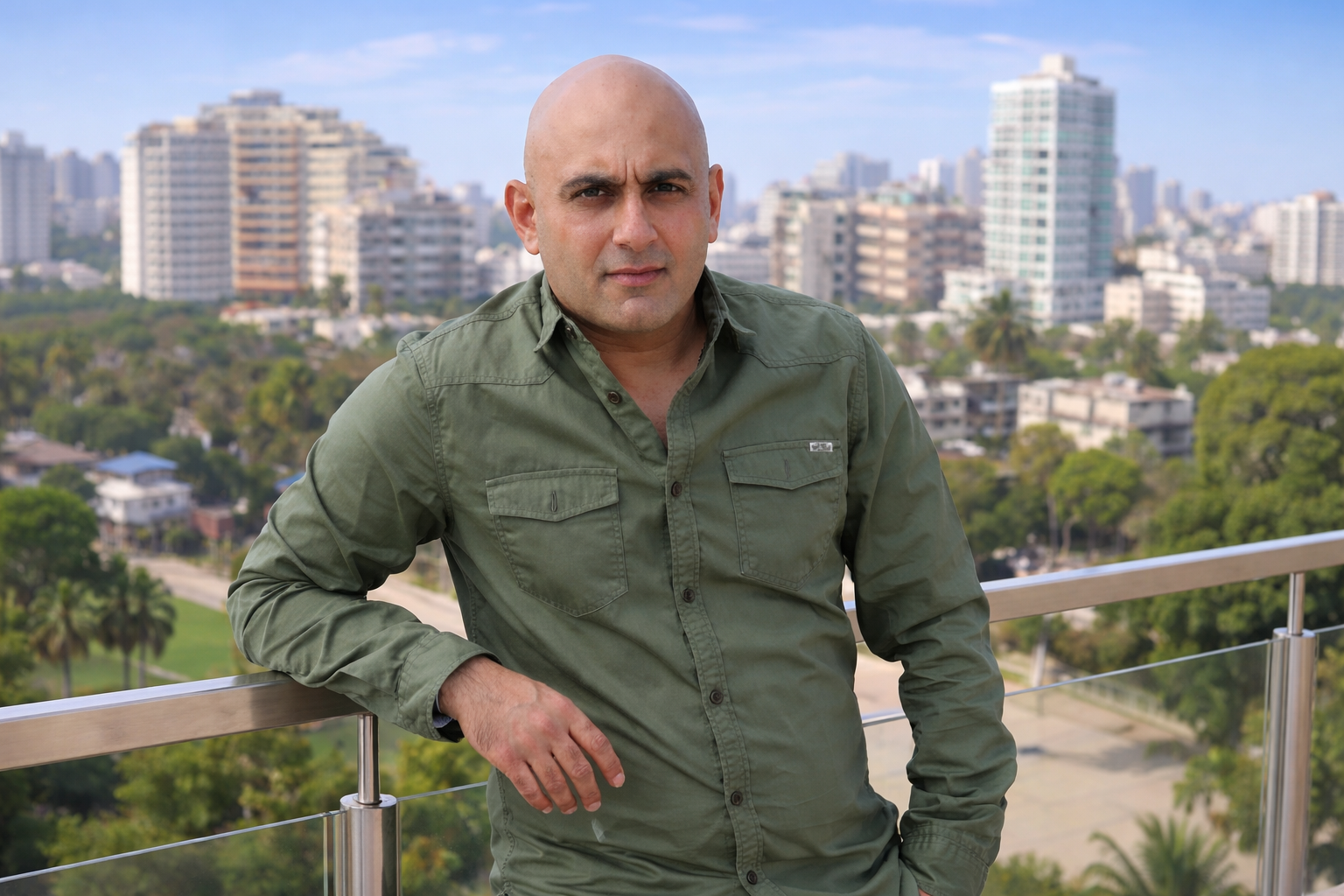Intel has launched its global advertising campaign ‘Sponsors of Tomorrow’ in India. The global campaign has been created by San Francisco based agency Venables Bell & Partners. The media duties are handled by OMD globally. T.A.G. has been behind the adaptations in most markets.
Explaining the idea behind the campaign, Tim Bailey, marketing director, Intel Asia Pacific said, “We have designed this campaign to communicate the fact that Intel employees have passion for technology which is extremely exciting. And this passion gets translated into the products that we deliver.”
Talking about the media strategy, Jasmin Sohrabji, managing director, OMD India said, “With two fairly distinct target audiences to address –tech-savvy consumer (mid SEC B), the other of an emerging market (SEC A1, A2) – we developed a media strategy that first built an optimum reach base through conventional media. We then took key targeted platforms like digital media, cricket, tech programs and print to create high-impact innovative executions of “Sponsors of Tomorrow”.
Watch the Indian TVC here:
Intel 'Rockstars' from Campaign India on Vimeo.
The media mix in India will include TV, print, OOH, in-store, POS which includes posters, collaterals, danglers, glow signs and wall graphics. Prakash Bagri, marketing director, Intel South Asia also mentioned that there will be engaging campaign extensions and there will be a strong focus on digital which will have lot of customisation and personalisation. The campaign at the retail level will include merchandising materials and in-store demos to online ads and training for retail sales people.
The multi-million-dollar marketing campaign is claimed to be the largest for Intel since “Multiply,” the September 2006 campaign that supported the then-new Intel® CoreTM 2 Duo. Bailey also mentioned that this doesn’t end the ‘Intel Inside’ campaign which continues as a program. “The new campaign builds upon the Intel Inside idea,” he said.
The campaign has been launched in the United States, Germany, India and the United Kingdom so far and is scheduled to be introduced in other countries after this.




